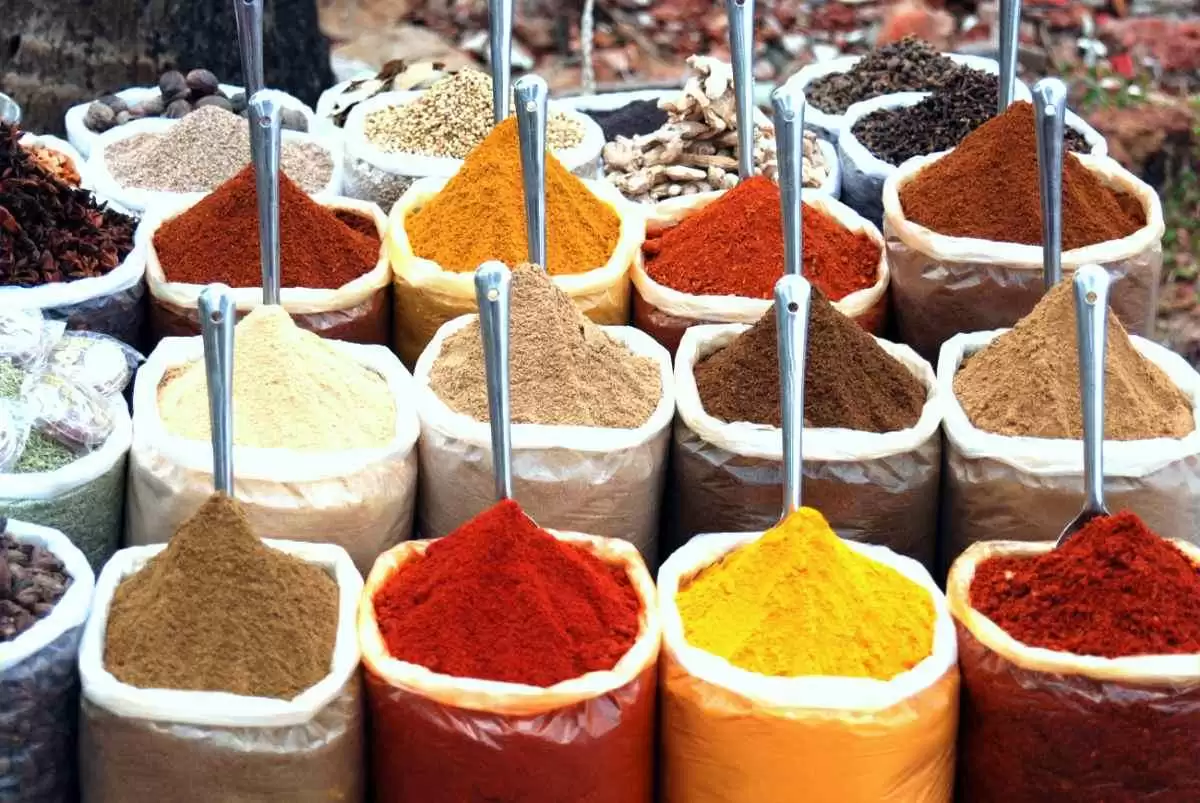Not everyone with celiac disease who goes on a gluten-free diet will recover, according to the following study:
"After an average of 11 months on a gluten-free diet, 81% of patients with celiac disease and positive tissue transglutaminase IgA (tTG-IgA) at baseline will revert to negative tTG-IgA (SOR: C, disease-oriented evidence from retrospective cohort study). The intestinal mucosa of adult patients with celiac disease will return to normal a...
- Read Full Article...
- 50 comments
- 93,001 views









